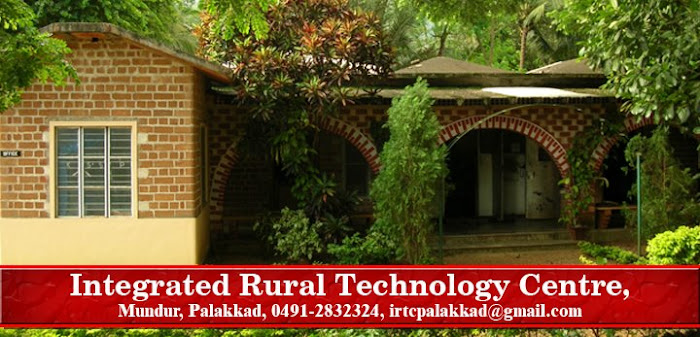WADI
PROJECT
NABARD-TDF
A
Sustainable Livelihood Support Program for Tribal Families
IRTC
has a track record in working at the science and technology –
agriculture – and society interface with a focus on local
livelihoods and rural development over the past three decades. Among
the novel efforts of IRTC the latest of it is planned in the hills of
Attappadi.
Attappadi
is well known for its deeper level of deprivation and poverty.
In-spite of all the efforts made and all the multi faced project
success ballads sung, the tribes’ living standards of Attappadi
remains to be problematic. Irrespective of the other tribal
communities in India many of the tribal families in Attappadi owns
their own land. They live together in a common land and their own
land is kept in the community ownership namely “ooru
bhumi”
which means community owned land. In this context IRTC along with
NABARD is introducing the WADI project in Attappadi as a lively hood
program. WADI
in Gujarthi language means small horticulture garden. Utilizing the
tribal development fund NABARD came forward with this project to
develop 1 acre horticulture garden for each tribal family in
Attappadi. IRTC is functioning as the Project Implementing Agency
PIA.
NABARD
associated this project for 400 tribal families coming in the hamlets
CHEERAKADAVU,
PALOOR, BOMMIYAMPADI, ANAKKALLU, VEETTIYUR, KALPETTY
and DHANYAM in Pudur Grama Panchayath of Attappadi block, Palakkad
district, Kerala.
The
first step in project implementation is the detailed project report
DPR preparation. As part of this oorukootam was conducted in each
hamlets and Project Implementation Committees were elected so as to
ensure the democratic and equal participation of the beneficiaries in
decision making. PIC was given orientation on the concept of WADI
project and a volunteer team for conducting plot to plot survey was
selected. This team was given three days training on DPR preparation
at IRTC. Along with tribal volunteers KSSP yuvasamithi
activists and MSW students participated in the survey.
The
survey started on Feb. 1 and ended on 12th of February. The DPR was
submitted to NABARD for approval on the 16TH of February. The project
implementation will start on receiving sanction from NABARD.






